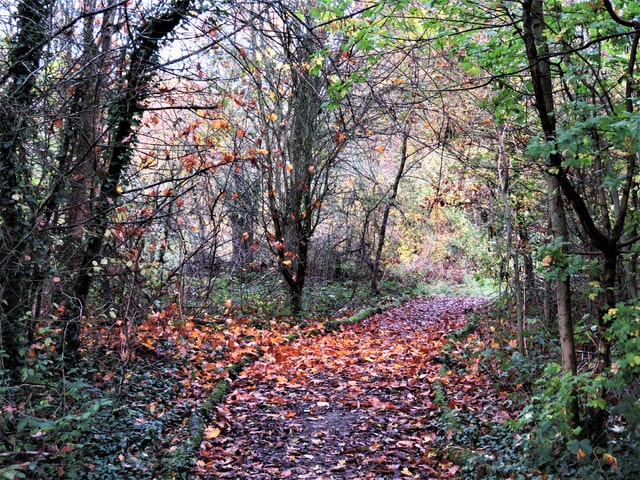In recent weeks media attention has been given to lost byways and how crucial it is that they be retained for future public access. However, it is a complex question that raises significant issues for farmers and others earning their living in rural areas.
Byways in the countryside have often existed for very long periods of time and linked up settlements by roads, lanes, bridle paths, green lanes and footpaths. Some have continued use in the present day and some have fallen out of use, often over a century ago, for a variety of reasons such as better replacement routes suited to modern traffic. It has been said that in North Yorkshire alone there could be 2,500 miles of such lost routes. Applications have been filed with local authorities to register a number of these routes on the definitive local plans before 1st January 2026 as, after that date, such routes will be extinguished. Some are footpaths or bridle paths but some are routes that could become BOAT’s (Byways Open to All Traffic) and these will allow access for motorised vehicles.
Many farmsteads are not in villages, which can leave them vulnerable to theft. If BOAT’s are opened up that means easier access from existing roads to farmsteads. Last summer NFU Mutual published a report showing that rural crime increased by 9% in the previous twelve months with loss to the farming sector of £54 million. Tracks generally run to or directly past farmstead which can often incorporate livestock buildings and the bio security to these units is crucial. The deadly African swine fever has been identified in Germany in the last six months and more vehicle access could be a risk to our own pig herds, a large proportion of which are found in East Yorkshire. More vehicle and public access to the countryside has an effect on the ecosystem and raises risk to some of our wildlife. Illegal deer and hare coursing is one area that the North Yorkshire police are monitoring carefully. It is also interesting to consider that North Yorkshire currently has around 6,000 miles of roads maintainable at the cost of the local authority. Highways departments are responsible for maintenance of BOAT’s and public footpaths and landowners for stiles and gates, with sometimes an agreed percentage contribution from the highways authority to that cost and labour for such. Funds are stretched currently and that can lead to issues with repair.
This year has seen increased use of footpaths from our towns and villages through the adjoining countryside as a popular way to exercise during the Covid-19 lockdown periods. However, the countryside is also a vast and busy workplace with an industry that provides nearly 60% of the food consumed in the United Kingdom. It is one that is working towards the Government’s post-Brexit priorities, including the maintenance of high food standards, less reliance on food imports as well as a renewed focus on flooding control and other aspects of environmental protection of the rural landscape and wildlife.
So when it comes to opening up lost byways, there needs to be a dialogue and a balance of interests that ensures we protect our wildlife, countryside and the people who work in it.
This article also appeared in Yorkshire Post Country Supplement in December 2020



